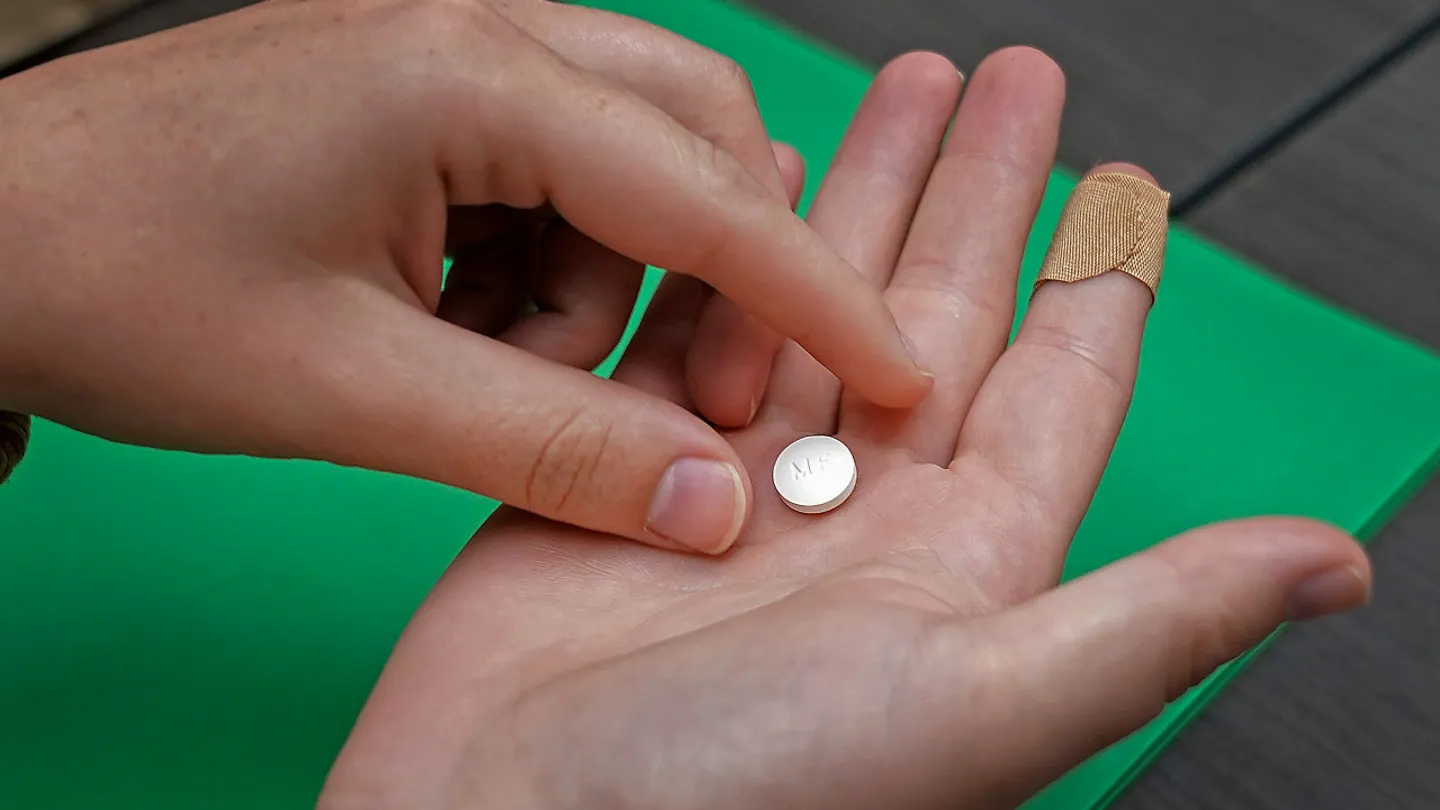According to a new study, many women may be startled by the level of agony they feel after having a chemical abortion.
The study, published this week in the journal BMJ Sexual & Reproductive Health, examined women in the United Kingdom who had used abortion pills to terminate a pregnancy and asked them about the agony they felt.
Approximately half of respondents stated that the pain they felt was worse than they expected. The majority of responders (92%) gave their discomfort a rating of at least 4 out of 10, with more than 40% rating it as severe (8-10).
Abortion pills, often known as chemical or medication abortions, are a two-drug combination of mifepristone and misoprostol used to end a pregnancy. According to the Guttmacher Institute, these tablets are the most often used abortion procedure offered by US providers, accounting for more than 60% of all abortions nationwide.
The study received responses from about 1600 women, the majority of whom were between the ages 20 and 39. About half of the respondents said they had never given birth before.
Two-thirds of respondents indicated they would use abortion pills again if necessary, but 13% said they would go with a surgical abortion, with the majority citing the tremendous pain they experienced.
While some women thought the discomfort was no worse than period cramps, others who took the survey said it was far worse than they expected. These women said that medical practitioners “downplayed” or “sugar-coated” the severity of their agony before they took the medicines.
“The pain was so intense that it was comparable to labor contractions. “I’ve given birth three times, and the pain was very similar to that of cramping contractions,” one respondent remarked.
Researchers concluded that patients needed to be provided “accurate, realistic information on pain” to handle it, as well as “informed consent for abortion method choice.”
“Women want more detailed, realistic information to make treatment decisions and to be prepared for medical abortion if that is their preference,” said main study author Hannah McCulloh. “And medical abortion is an extremely safe and effective option. This study prompted BPAS to develop new patient information and give extra staff training, all of which are presently being evaluated.
Abby Johnson, a pro-life campaigner and former Planned Parenthood director who now helps women quit the abortion industry, said the latest study revealed a little-known truth about chemical abortions.
“It’s about time a study like this has been released because women aren’t being told the truth about what happens during a medication abortion or the true extent of the pain they may feel,” Johnson wrote in a statement.
“I hope they realize that they were never told the truth about their medication abortion, and that the abortion business saw their desperation as a profit opportunity. That’s exactly how I felt when I was given the abortion pills and sent on my way, only to discover later the sheer horror of what a medicine abortion looked like,” she said.
The abortion pill was approved for use in the United States by the Food and Drug Administration (FDA) in 2000 and can be given within the first ten weeks of pregnancy.
In June, the Supreme Court rejected a challenge to the FDA’s regulatory clearance process for mifepristone filed by a collection of pro-life doctors and medical associations.
Lower courts determined that the federal agency failed to thoroughly assess the potential health risks to women when updating mifepristone restrictions beginning in 2016. These improvements, which were last updated in 2023, include lowering the recommended dose, letting the medicine to be used up to 10 weeks of pregnancy (up from seven weeks), approving a generic version, and allowing it to be mailed (which eliminates in-person doctor appointments), among other steps.
The Biden administration and the manufacturer of mifepristone have petitioned the Court to overturn an appellate rule that would prohibit mail-order access to the drug and impose other limitations, even in areas where abortion is still legal.
In a victory for the Biden administration and abortion rights supporters, the Supreme Court ruled unanimously that FDA challengers lacked standing to sue the government, preserving abortion pill availability.









